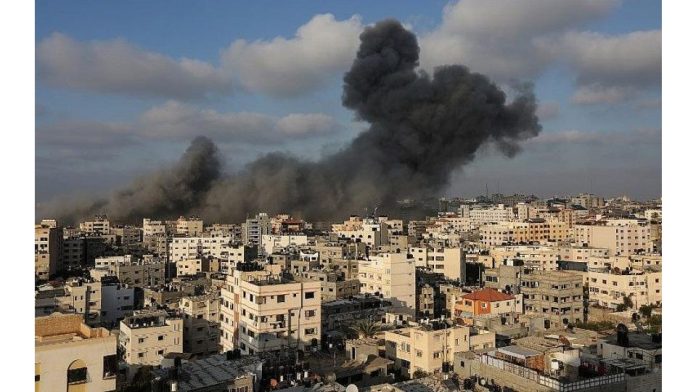In a landmark decision, the International Court of Justice (ICJ) has called on Israel to take immediate measures to prevent genocidal acts amid the ongoing conflict in Gaza. However, the court refrained from demanding a ceasefire in the case filed by South Africa.
One of the judges, Joan E Donoghue acknowledged that some acts and omissions alleged by South Africa fall within the provisions of the Genocide Convention. The court ruled in favour of South Africa’s request for provisional measures against Israel, rejecting Israel’s plea not to entertain the application.
The judges at the Hague determined that Palestinians are a protected group under the Genocide Convention. They noted that “at least some of the rights claimed by South Africa and for which it is seeking protection are plausible,” emphasizing the right of Palestinians to be protected from genocide.
Subsequently, Israel has been directed to implement measures ensuring its military refrains from engaging in genocidal acts and to prosecute any incitement of such behaviour. The ICJ also demanded that Israel take measures to punish public solicitations to genocide and allow humanitarian aid into Gaza.
ICJ has also instructed Israel to report back to the ICJ within a month. Furthermore, the UN body mandated that Israel preserve evidence of actions impacting the Genocide Convention.
While the ICJ’s verdict carries legal weight, the practical implementation of these measures poses a complex challenge, especially given the geopolitical complexities surrounding the Israel-Gaza conflict. Also, the final judgement that would decide whether Israel committed genocide or not will take years. The decision marks a crucial step in addressing allegations of genocidal acts and violations of the Genocide Convention, emphasizing the need for accountability and protection of human rights in the region.

